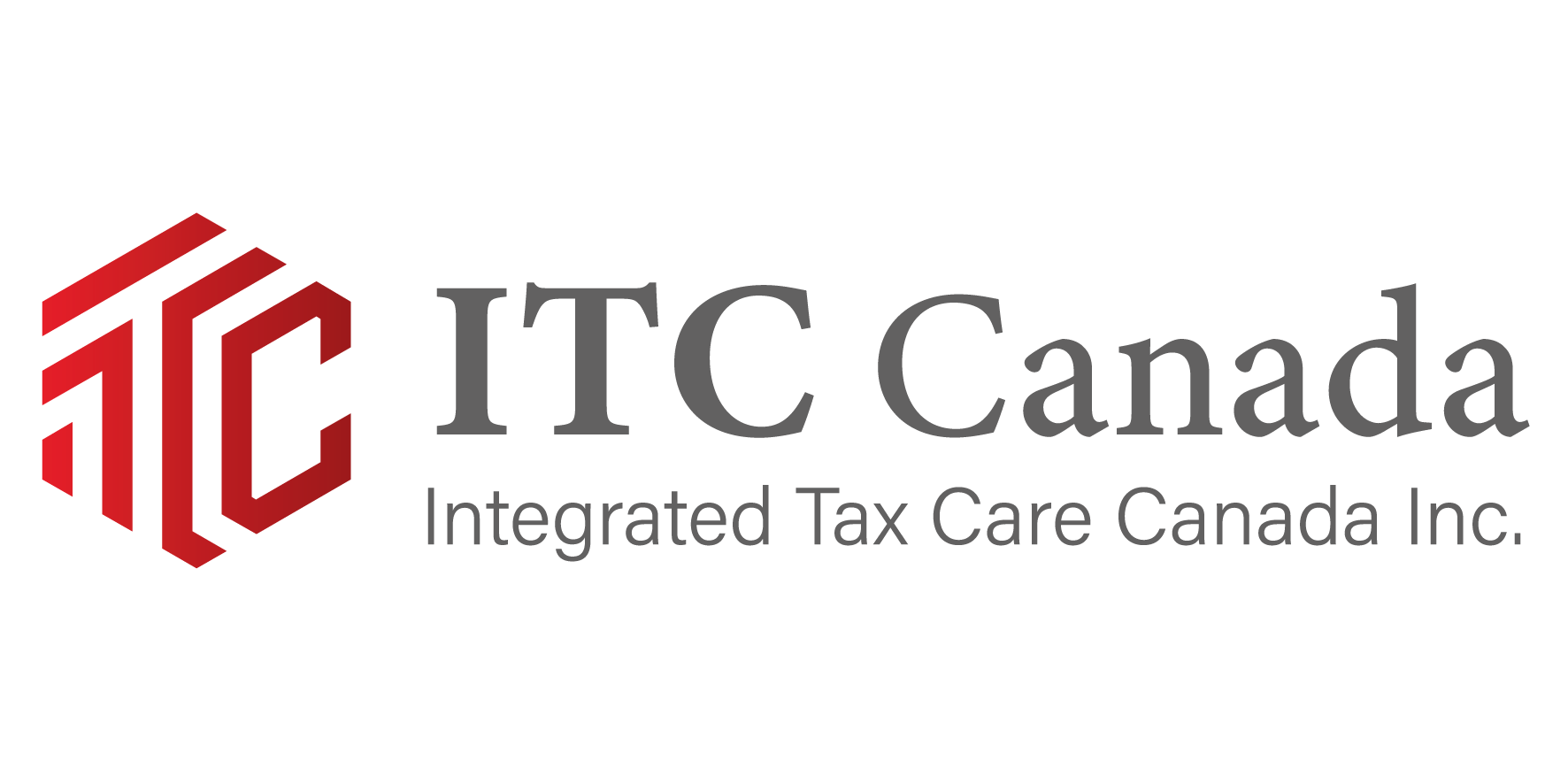Starting a business in Canada is an exhilarating journey. You have the idea, the passion, and the drive. But before you make your first sale, you face a critical decision: choosing the right business structure. For most new entrepreneurs, the choice boils down to two main options: operating as a sole proprietorship or incorporating your business.
This decision is more than just paperwork. It fundamentally impacts your personal liability, how you are taxed, your ability to raise money, and the administrative work on your plate. Making the wrong choice can expose your personal assets to risk, while the right one can set you up for sustainable growth.
So, how do you decide? This guide will break down the sole proprietorship vs. corporation in Canada debate, giving you the clarity you need to move forward with confidence.
What is a Sole Proprietorship?
A sole proprietorship is the simplest business structure. In short, you are the business. There is no legal distinction between you, the owner, and the company itself. You can operate under your own name or register a business name (sometimes called a “trade name”).
Pros of a Sole Proprietorship:
- Simple and Inexpensive Setup: You can often start operating immediately with minimal paperwork and low registration costs.
- Easy Tax Filing: Business income and losses are reported directly on your personal tax return (the T1 General) using Form T2125, Statement of Business or Professional Activities. There’s no separate business tax return to file.
- Complete Control: You are the sole decision-maker. There are no boards of directors or shareholders to consult.
Cons of a Sole Proprietorship:
- Unlimited Liability: This is the most significant drawback. Because there is no legal separation, if the business incurs debt or is sued, your personal assets (like your home, car, or savings) are at risk.
- Difficulty Raising Capital: Banks and investors are often hesitant to fund sole proprietorships. You cannot sell shares to raise equity.
- Limited Credibility: Some clients or suppliers may perceive a sole proprietorship as less established or professional than a corporation.
What is a Corporation?
A corporation, or an incorporated company, is a separate legal entity from its owners (the shareholders). Think of it as a legal “person” that can own assets, enter into contracts, earn revenue, and be sued—all on its own. Even if you are the single owner and employee, the corporation stands apart from you.
Pros of a Corporation:
Export to Sheets
- Limited Liability: This is the primary advantage. Your personal assets are protected from business debts and lawsuits. Your risk is generally limited to the amount you have invested in the corporation.
- Easier to Raise Capital: A corporation can raise money by selling shares to investors. This makes it the preferred structure for businesses planning for high growth.
- Potential Tax Advantages: Canadian-controlled private corporations (CCPCs) benefit from the Small Business Deduction, which results in a much lower tax rate on a certain amount of income compared to personal tax rates. This can lead to significant tax deferral.
- Enhanced Credibility & Longevity: A corporation has a continuous existence, even if ownership changes. It is often viewed as more stable and credible in the marketplace.
Cons of a Corporation:
- Complex and Expensive to Set Up: Incorporation involves more legal paperwork (like Articles of Incorporation) and higher government fees than setting up a sole proprietorship.
- More Administrative Burden: Corporations must file a separate corporate tax return (a T2 return) each year, maintain a minute book, hold annual meetings, and file annual reports, which adds complexity and cost.
- Potential for Double Taxation: If profits are paid out to owners as dividends, the corporation first pays tax on the profit, and then the shareholder pays personal income tax on the dividend received. Proper tax planning can mitigate this, but it requires professional oversight.
At a Glance: Sole Proprietorship vs. Corporation Comparison
| Feature | Sole Proprietorship | Corporation |
| Liability | Unlimited (Personal assets at risk) | Limited (Personal assets are protected) |
| Taxation | Income reported on personal tax return (T1) | Files its own tax return (T2); potential for lower tax rates |
| Setup Cost | Low | High |
| Setup Complexity | Simple | Complex (Requires Articles of Incorporation) |
| Raising Capital | Difficult | Easier (Can sell shares) |
| Ongoing Admin | Minimal | High (Annual reports, minute book, separate filings) |
When Should You Choose a Sole Proprietorship?
A sole proprietorship is often the perfect starting point if:
- You are a freelancer, a consultant, or running a small side business.
- Your business operates in a low-risk industry.
- You are testing a business idea and want to keep initial costs and complexity to a minimum.
- Your profits are modest and wouldn’t significantly benefit from the lower corporate tax rate.
When Should You Choose to Incorporate?
It’s time to seriously consider incorporating if:
- Your business has a moderate to high risk of being sued (e.g., construction, transportation, offering professional advice).
- You want to protect your personal home and savings from business liabilities.
- Your business is becoming profitable, and you could benefit from tax deferral by leaving money in the corporation.
- You plan to seek investment from venture capitalists or angel investors in the future.
The Right Choice for Your Future
The decision between a sole proprietorship vs. corporation in Canada is foundational. A sole proprietorship offers simplicity for those just starting, while a corporation provides a powerful shield of liability and a platform for growth.
Your choice isn’t necessarily permanent—many businesses start as sole proprietorships and incorporate later as they grow. However, making the right choice from the start can save you time, money, and stress.
Feeling unsure? This is a big decision, and you don’t have to make it alone. Contact our team of experts today. We can provide a personalized consultation on business registration, tax planning, and bookkeeping to ensure your Canadian business starts on the right foot.





